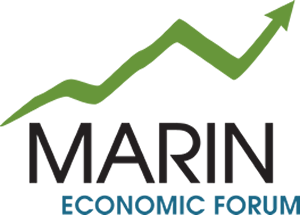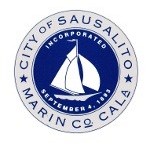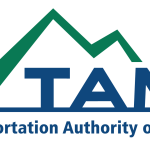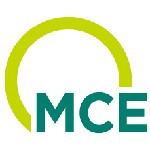11/2022 Blog Topic: The way supply chains work suggest no easy relief for Marin businesses
November 2022
| The business news headlines in recent weeks have been dominated by stories of tech layoffs, seemingly more and more every week. The numbers of job losses are not only startling but WILL have impact in the tech rich Bay Area; according to research from the Bay Area Council, each Bay Area tech job is responsible for 4 additional jobs (often in the services sector). The business media and policy makers are trying to gauge the fallout and what it might mean for local economies. It is important to understand that the layoffs are driven by business dynamics and not a single, large, exogenous event (think the subprime meltdown that created the Great Recession). The pandemic created a massive shift to digital that required tech service providers to scale rapidly. For example, Meta/Facebook grew from 58,000 to 72,000 employees between 2021-2022, which puts into perspective their recent layoff of 11,000 employees (2,564 are in the Bay Area). A correction from massive growth had been previewed earlier this year when it became obvious the economy would slow in 2023. Another key factor is timing, specifically that many publicly traded companies release their earnings reports a couple weeks after a quarter, so the layoff news that started trickling in October reflected lower-than-expected earnings for the quarter ending in September for several brand name companies. Also related to timing is the annual planning most companies go through before the next fiscal year; those companies who run Jan-Dec fiscal years submitted budgets and annual operating plans that would have enacted layoffs before the holidays. There are likely positive and negative impacts to the Marin economy. Firstly, there are limited and lagging data sources that track what sector our residents work but, anecdotally, we know a lot of our neighbors are in tech. We also know from an earlier report from the San Francisco Business Times that the new residents to Marin in 2020-2021 had higher adjusted gross incomes (AGI) than those that moved out of Marin, likely some of those being tech workers leaving the city for the suburbs. The most obvious negative impact would be a drop in consumption driven by lower discretionary income to spend on non-essential goods and services. Many Marin businesses are built to serve the more affluent consumer, with services like cosmetology and fine dining and goods, including clothing and cars. A drop in consumption among these businesses will not only impact the revenues of the businesses themselves but the funds that are generated for public entities through sales and other taxes. According to the Silicon Valley Business Journal, Bay Area tech salaries averaged $174,000 in 2022, which seems like a lot until you factor in the high cost of living across the Bay Area and Marin, where housing alone tends to gobble up well over the generally accepted ratio of 30% of income. That doesn‚Äôt leave a lot left over for a new TV, especially if that tech salary isn‚Äôt coming in. Lower consumption could set off a bit of a chain reaction among the small business sector which is just coming up for air following the pandemic. A survey of business owners by MEF in 2021 showed that business loans, credit card debt, and personal finances were increasingly keeping businesses afloat. The prospect of lower revenues or higher debt to sustain in a slow economy suggests more pain on the horizon, not only jeopardizing jobs but potentially lowering business investment and local consumption of everything from office furniture to website design. Policymakers have limited response mechanisms to business slowdowns as we saw during the pandemic, where the only response was either temporary regulatory relief or, in extreme cases, cash via grants. Neither is a likely option going forward. So where might there actually be positive effects from these layoffs? For starters, professionals in the tech sector will be demanded in other sectors, whether they be non-profits or newly emerging segments like food tech or climate tech, which happen to be popular subjects here in the nascent Marin start-up community. Further, there are already stories of laid-off employees starting new companies, and Marin is a great place for some of our resident tech experts to launch their company. The small tech community that is in Marin might potentially see some easing of their hiring challenge through a new crop of available talent – recall not all tech companies are laying off employees – mostly the large ones that grew so rapidly over the past couple years. MEF is projecting some slowdown and ‚ headwinds for the local economy going into 2023 and an uptick in unemployment among our high-income tech professionals could further exacerbate small business challenges. However, local leaders can seek the silver lining by continuing to find ways to support the local entrepreneurship ecosystem, especially for new generation start-ups, or by supporting the types of networking and conferences that connect professionals and create linkages to employment. |
Mike Blakeley, CEO
Marin Economic Forum
Tags: blog














